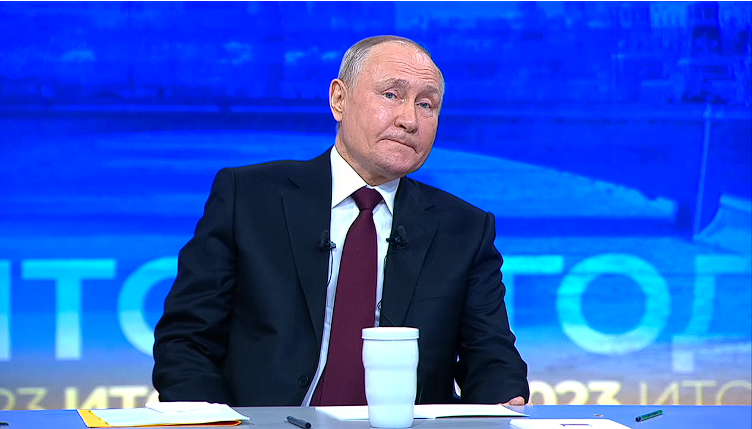Vladimir Putin’s red line against the West may have shifted, experts suggest.
Others are reading now
Russian President Vladimir Putin has long adopted a menacing tone toward the Western world. Yet, the exact nature and significance of his threats remain a matter of interpretation.
Since the onset of the war in Ukraine, Russia has consistently referred to its “red lines.”
These lines, if crossed by the West, were said to trigger severe escalation, potentially leading to nuclear conflict.
However, new indications suggest a possible shift in these boundaries, according to a report by Newsweek.
Also read
Subtle Indications
Newsweek cites the influential Institute for the Study of War (ISW), which observed that Putin indirectly signaled a change last Friday.
During an economic forum in St. Petersburg, Putin commented on Russia’s nuclear doctrine, suggesting that the use of Western weapons by Ukraine to strike targets within Russia did not constitute a breach of these red lines.
This stance appears to counter previous concerns that the U.S. decision to allow Ukraine to use American weapons inside Russia would lead to heightened conflict.
At the forum, Putin emphasized that Russia’s nuclear doctrine permits the use of nuclear weapons only in “exceptional cases” where the country’s sovereignty and territorial integrity are threatened. He stated that such a scenario has not occurred, implying there is no immediate need for Russia to resort to nuclear arms.
A Shift in Threat Perception
The ISW notes that despite past threats, Ukraine has already utilized American weapons against Russian targets without provoking the expected severe response from Russia. This suggests a shift in what constitutes a violation of Russia’s red lines and calls into question the seriousness of Putin’s previous threats.
This isn’t the first time the West has seemingly crossed Putin’s red lines without eliciting a dramatic reaction from Russia. Several such incidents have occurred in the past, with Russia’s response being more restrained than its initial rhetoric suggested, according to the think tank.


